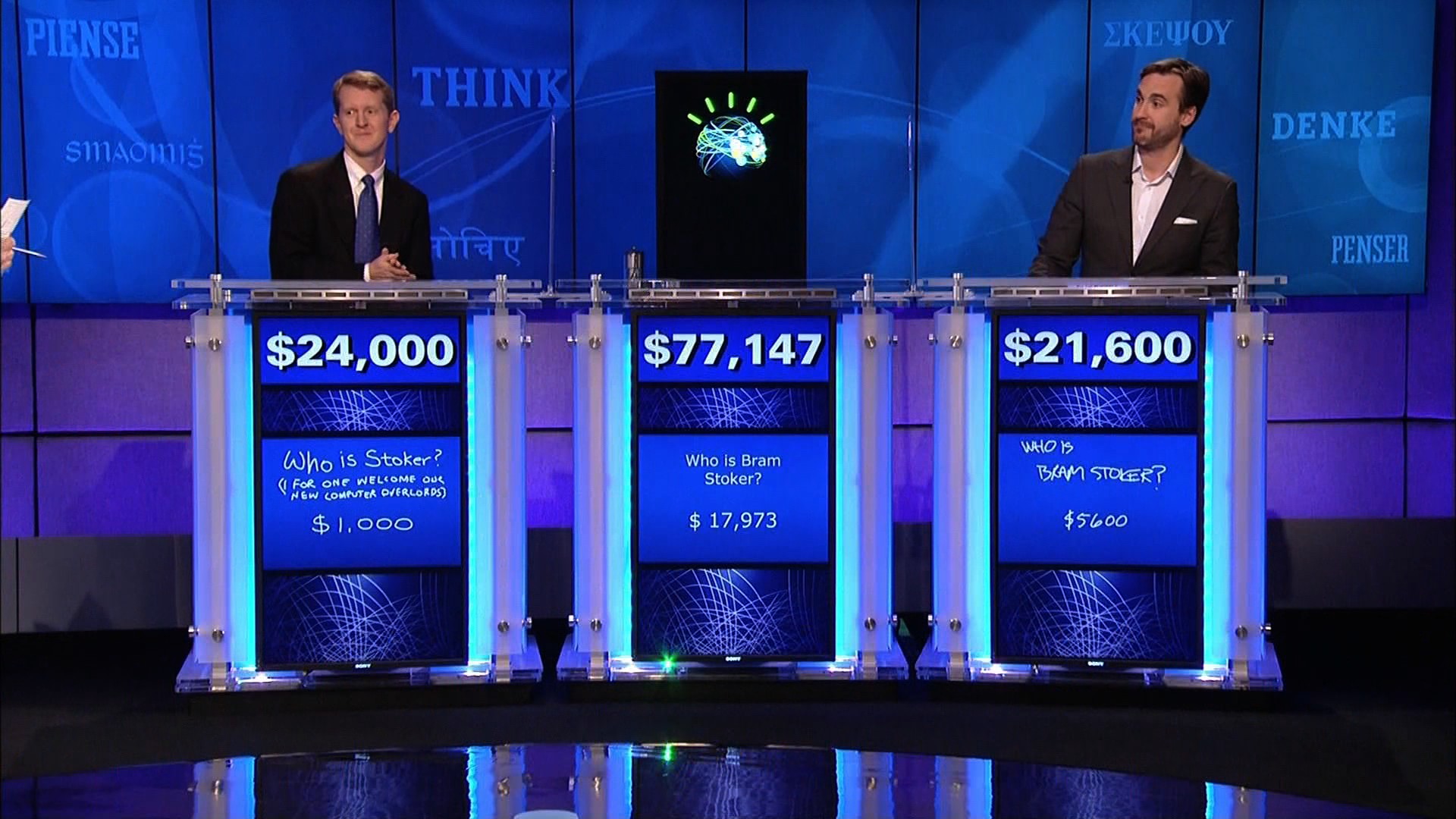May 24, 2016
Computational Personality?
The field of artificial intelligence (AI) has undergone a dramatic evolution in the last years. The impressive advances in this field have inspired several leaders in the scientific and technological community - including Stephen Hawking and Elon Musk - to raise concerns about a potential domination of machines over humans.
While many people still think about AI as robots with human-like characteristics, this field is much broader and include a number of diverse tools and applications, from SIRI to self-driving cars, to autonomous weapons. Among the key innovations in the AI field, IBM’s Watson computer system is certainly one of the most popular.
Developed within IBM’s DeepQA project lead by principal investigator David Ferrucci, Watson allows answering questions addressed in natural language, but also features advanced cognitive abilities such as information retrieval, knowledge representation, automatic reasoning, and “open domain question answering”.
Thanks to these advanced functions, Watson could compete at the human champion level in real time on the American TV quiz show, Jeopardy. This impressive result has opened several potential business applications of so-called “cognitive computing”, i.e. targeting big data analytics problems in health, pharma, and other business sectors. But psychology, too, may be one of the next frontier of the cognitive computing revolution.

For example, Watson Personality Insight is a service designed to automatically-generate psychological profiles on the basis of unstructured text extracted from mails, tweets, blog posts, articles and forums. In addition to a description of your personality, needs and values, the program provides an automated analysis of “Big Five” personality traits: openness, conscientiousness, extroversion, agreeableness, and neuroticism; all these data can then be visualized in a graphic representation. According to IBM’s documentation, to give a reliable estimate of personality, the Watson program requires at least 3,500 words, but preferably 6,000 words. Furthermore, the content of the text should ideally reflects personal experiences, thoughts and responses. The psychological model behind the service is based on studies showing that frequency with which we use certain categories of words can provide clues to personality, thinking style, social connections, and emotional stress variations.
Clearly, many psychologists (and non-psychologists, too) may have several doubts about the reliability and accuracy of this service. Furthermore, for some people, collecting social media data to identify psychological traits may lead to Orwellian scenarios. Although these concerns are understandable, they may be mitigated by the important positive applications and benefits that this technology may bring about for individuals, organizations and society.
11:44 Posted in AI & robotics, Big Data, Blue sky, Computational psychology | Permalink | Comments (0)







The comments are closed.